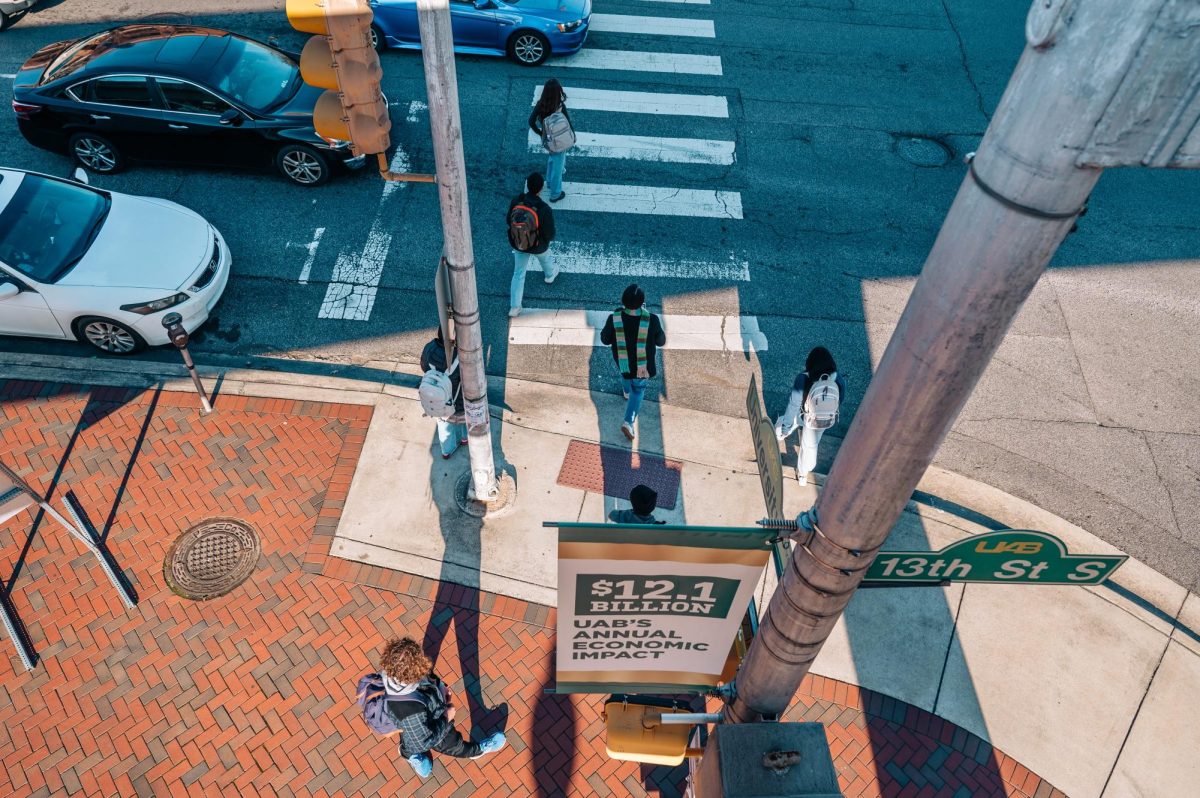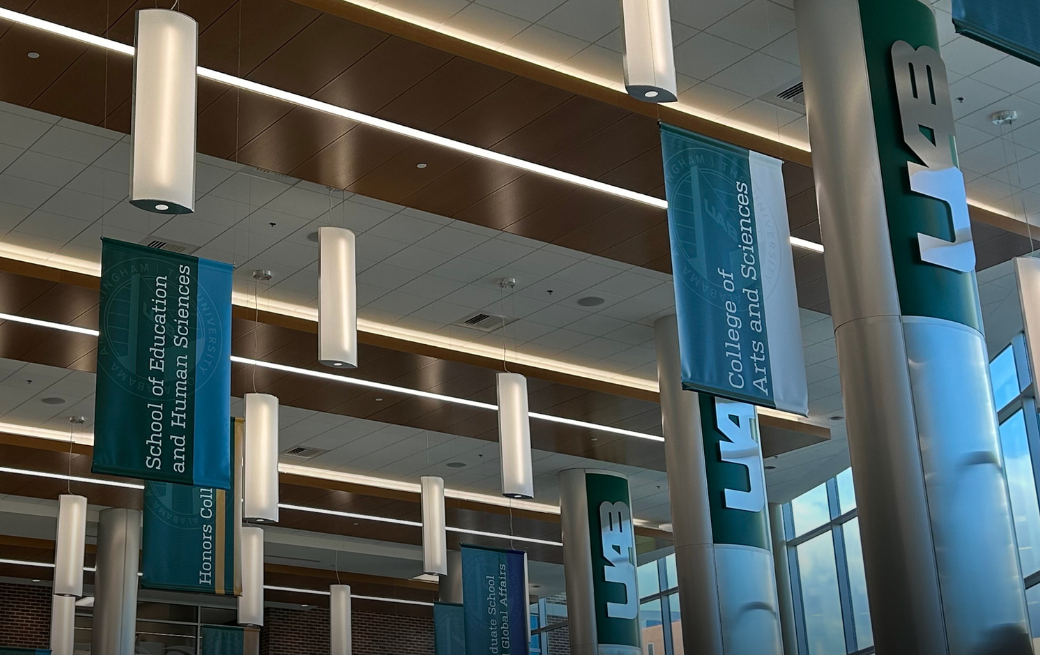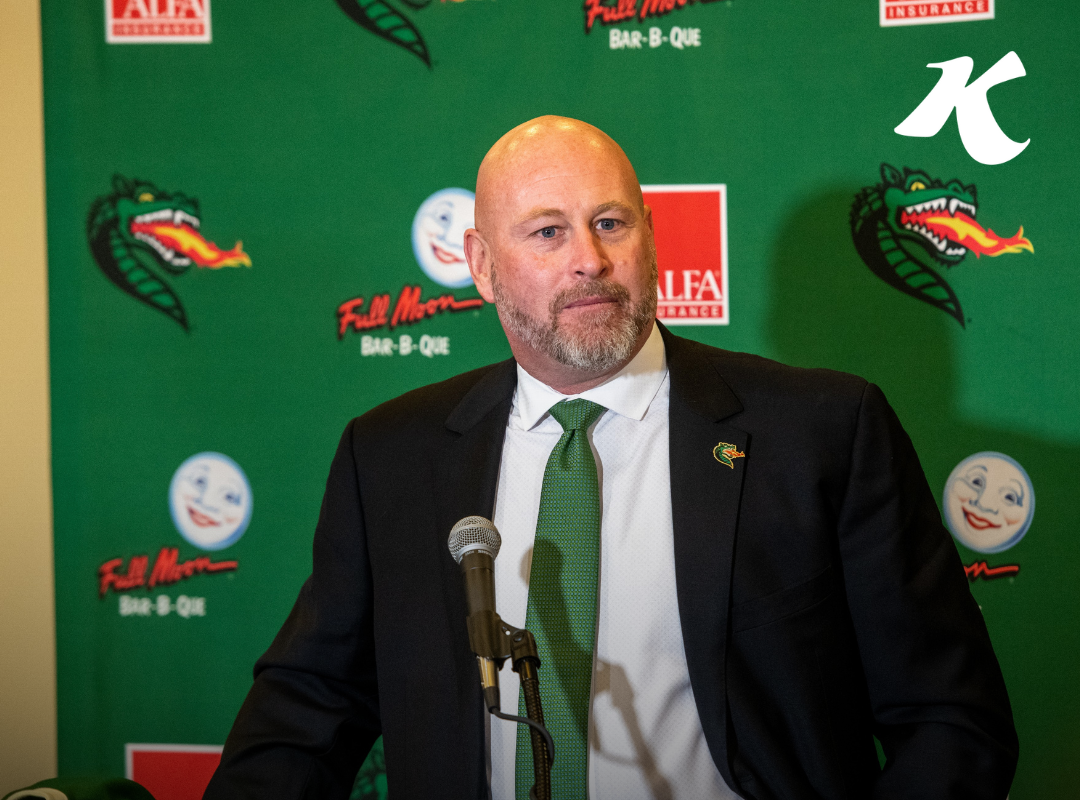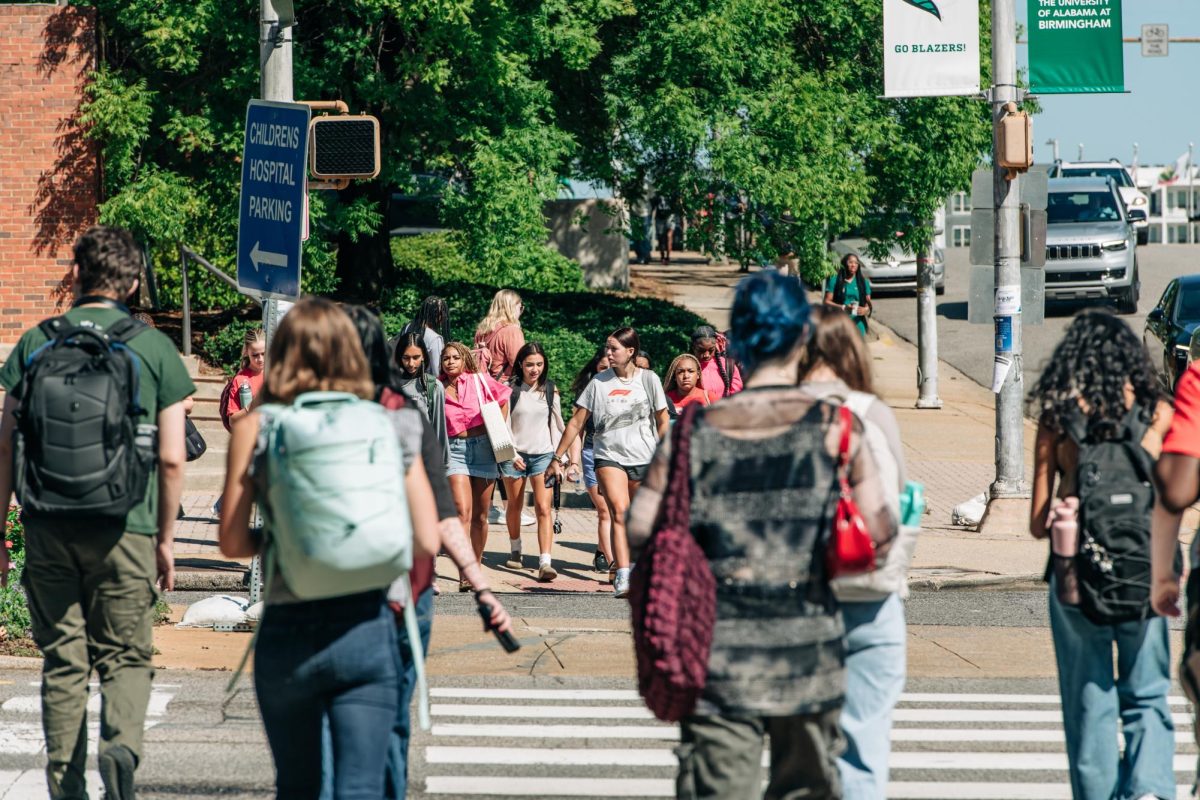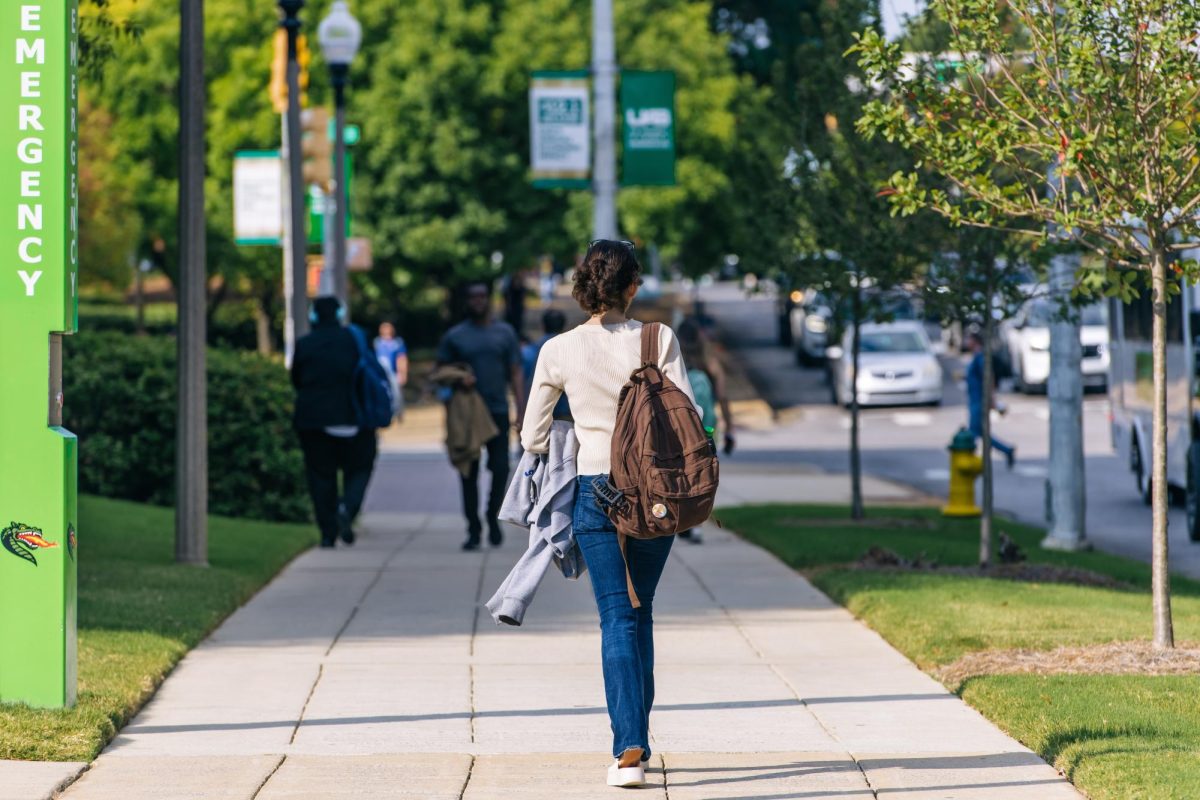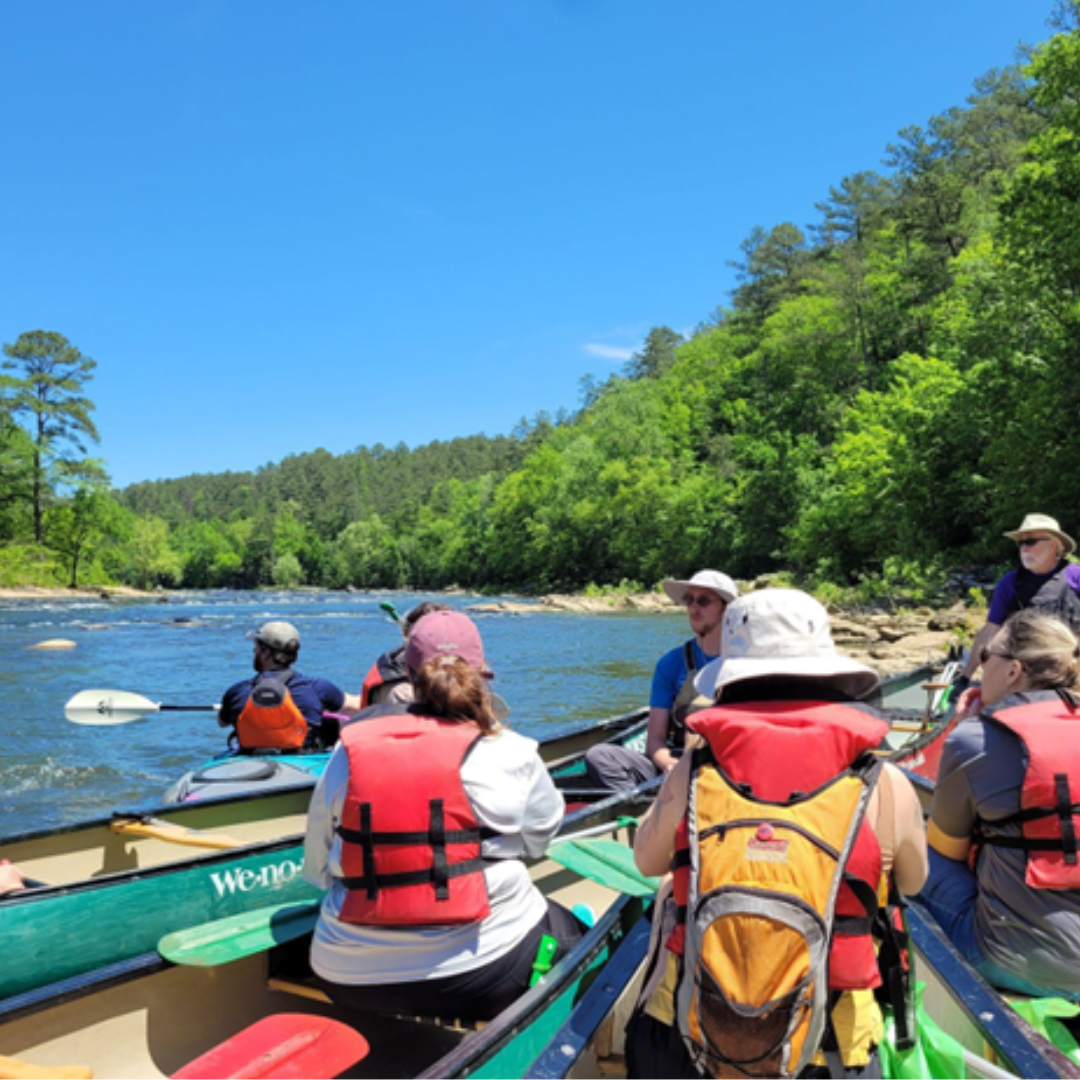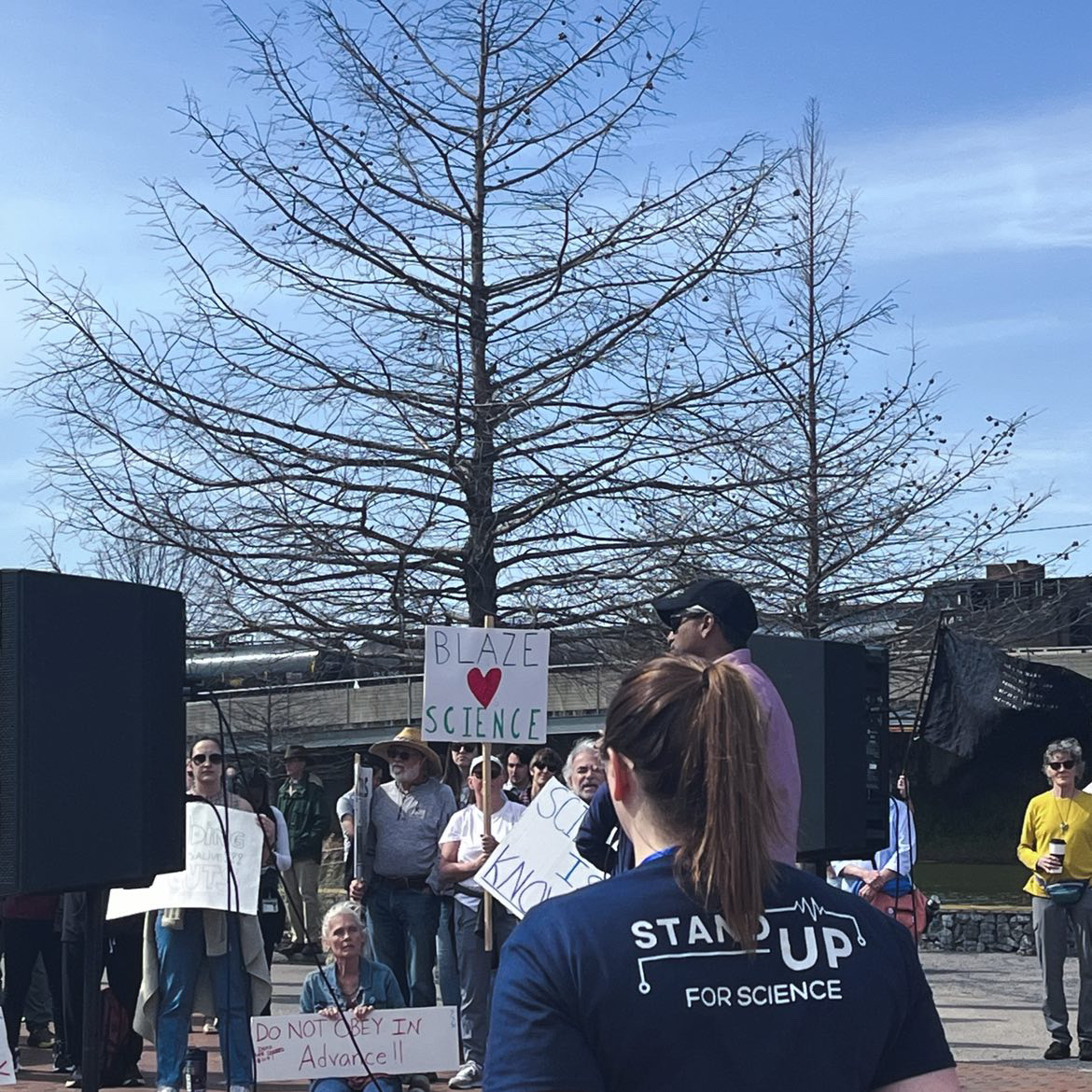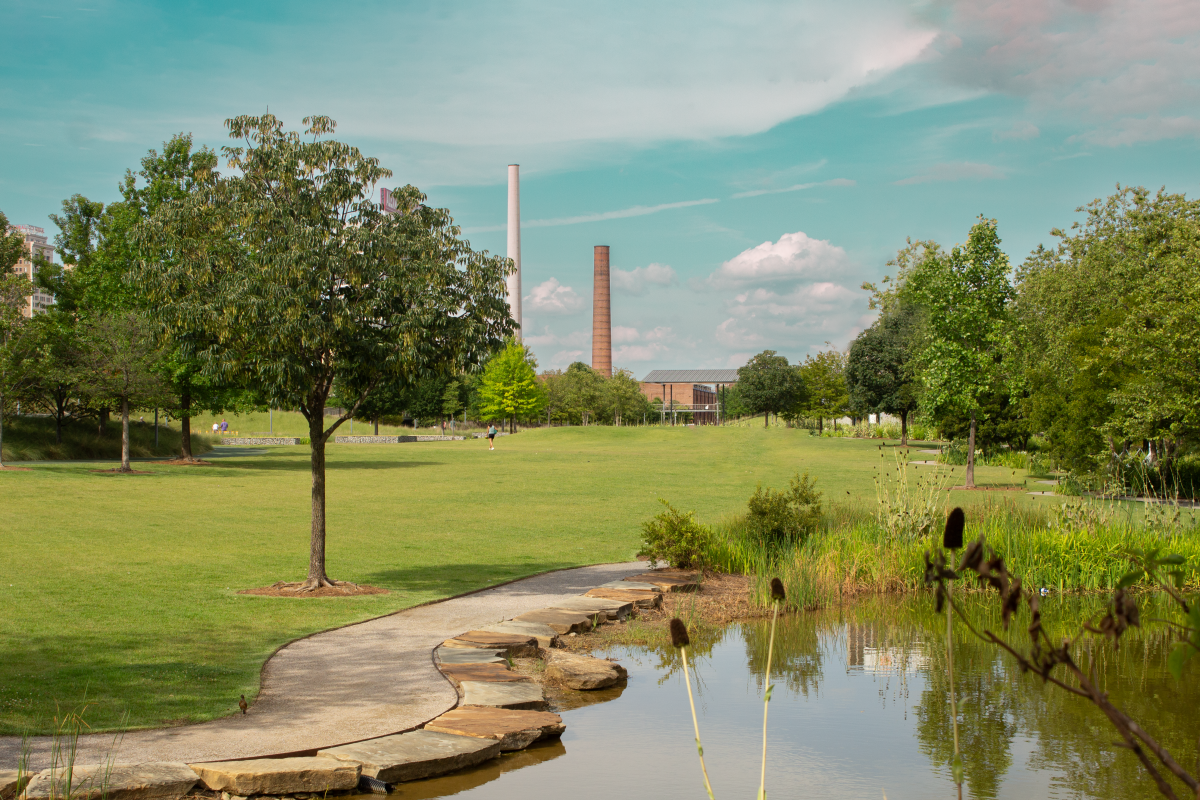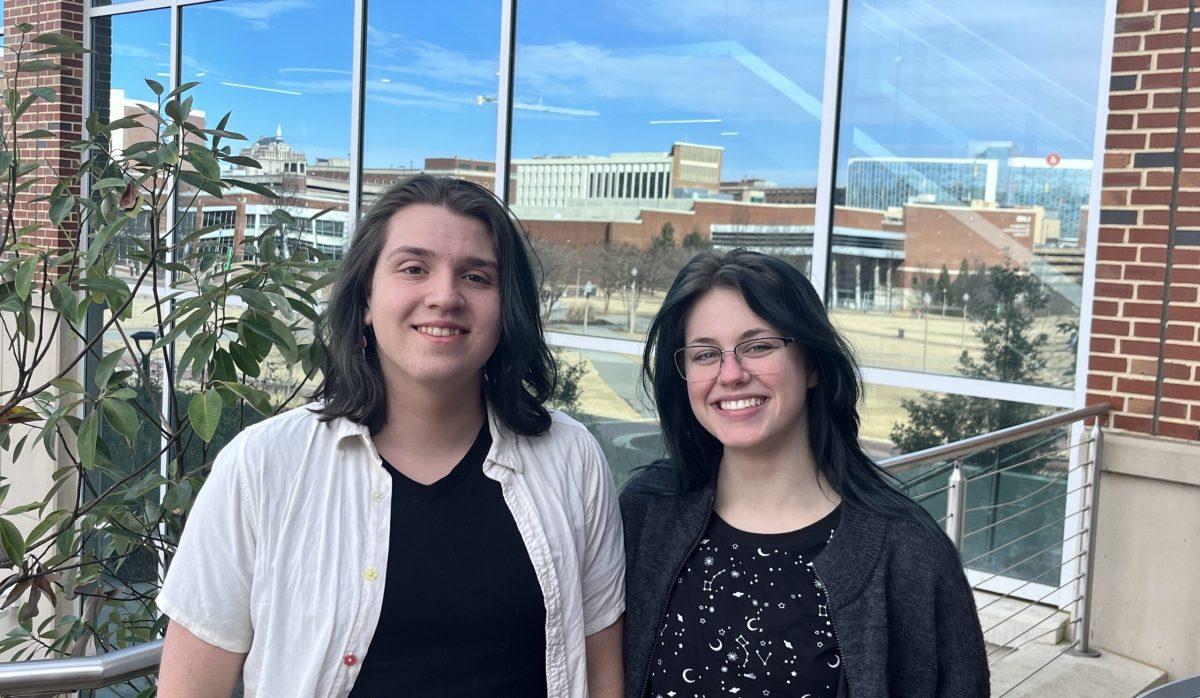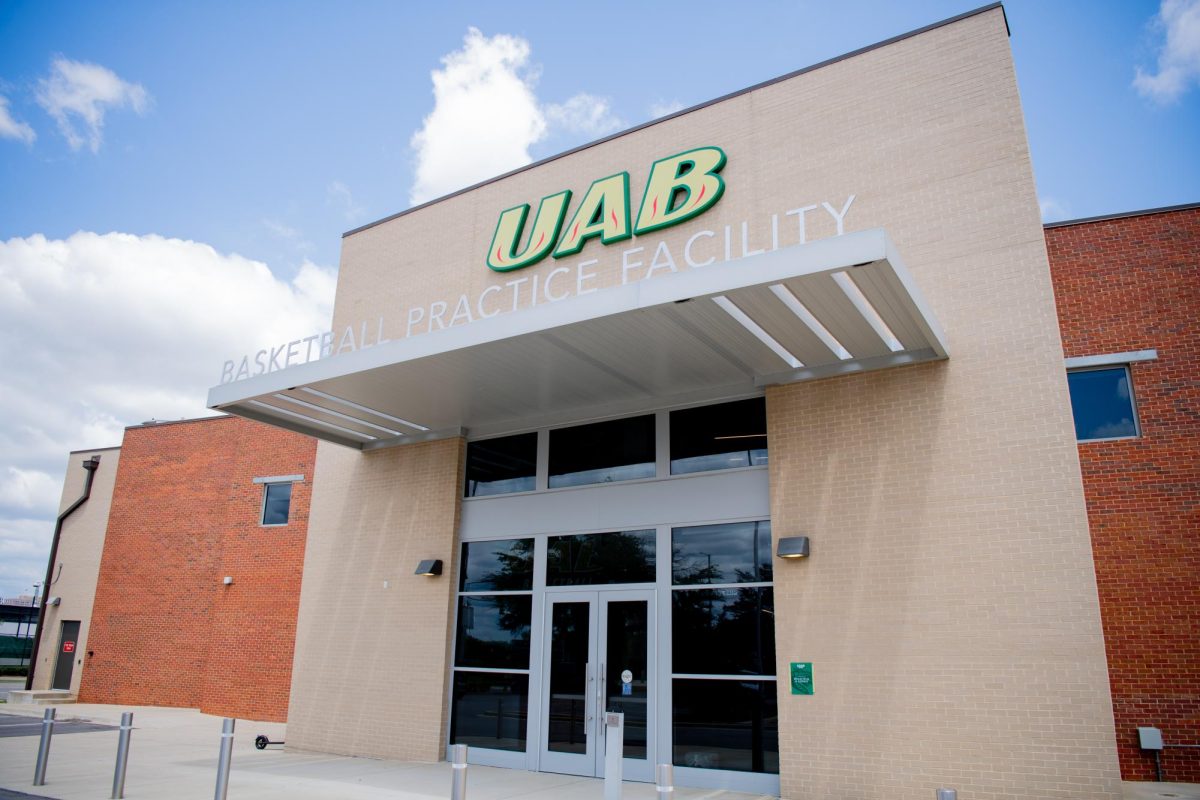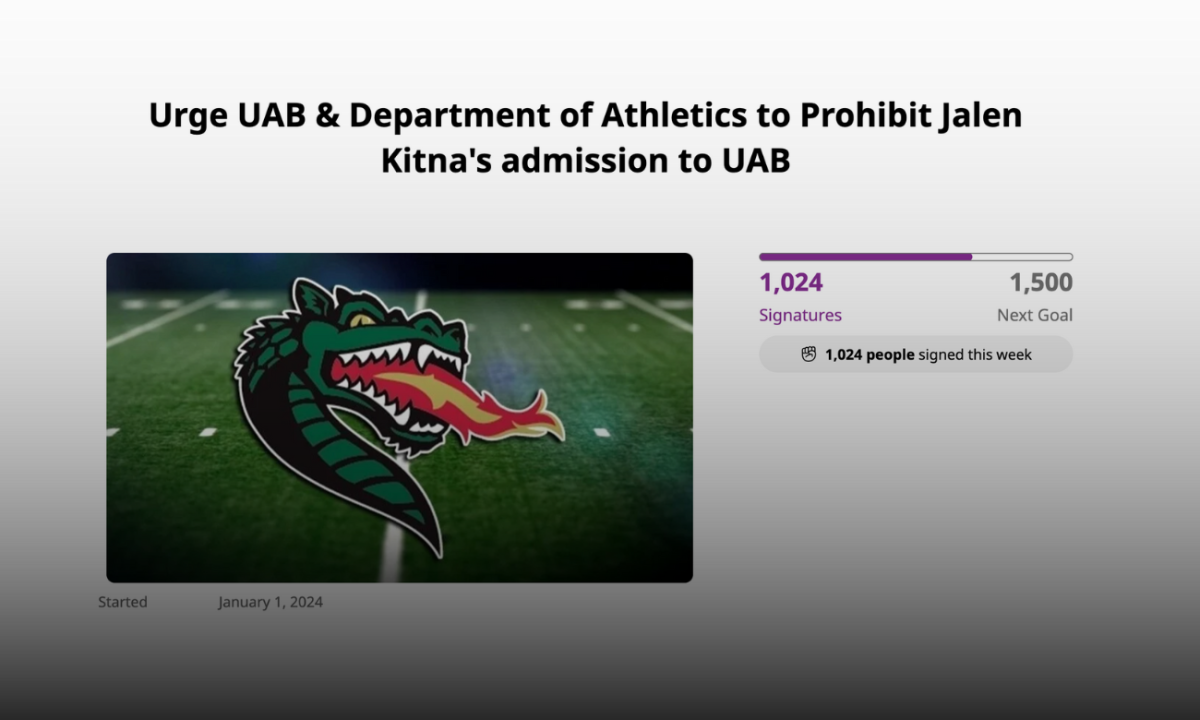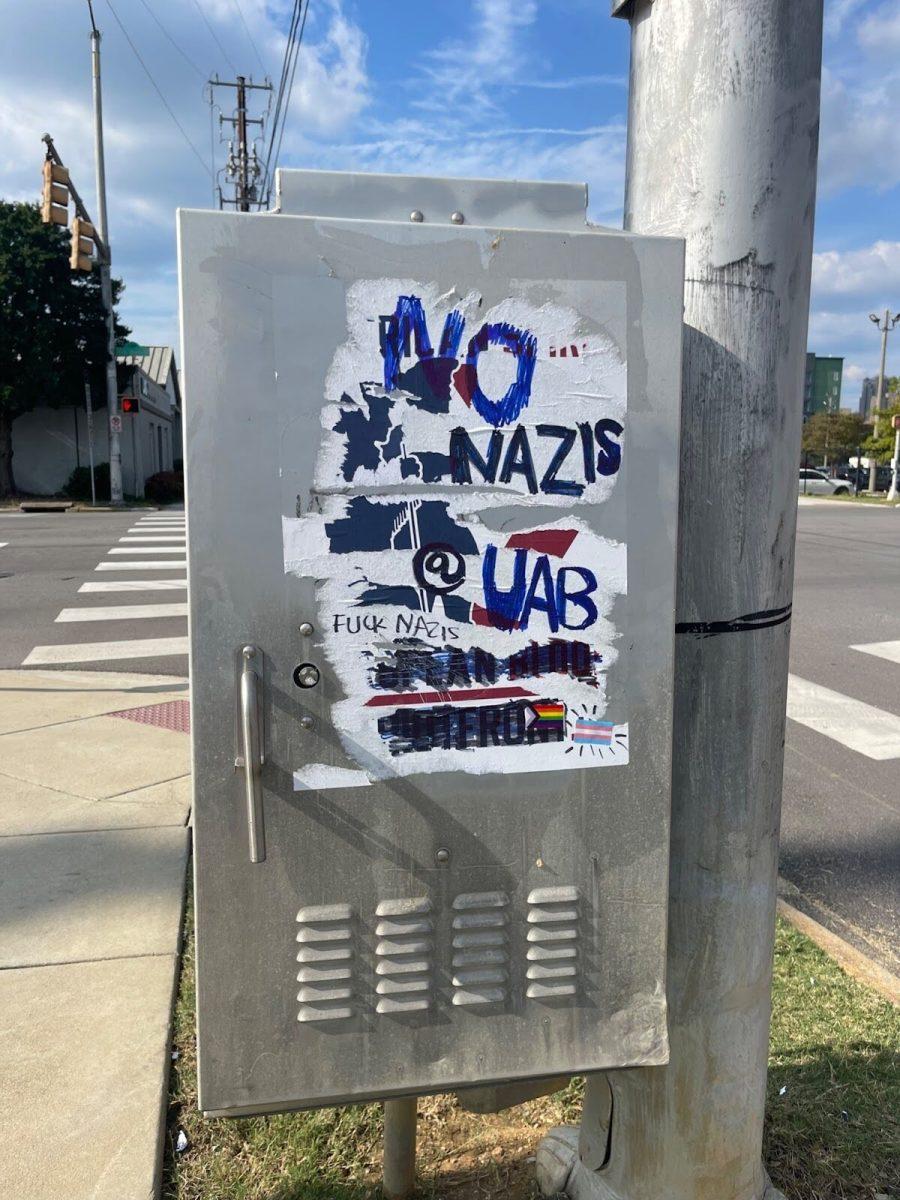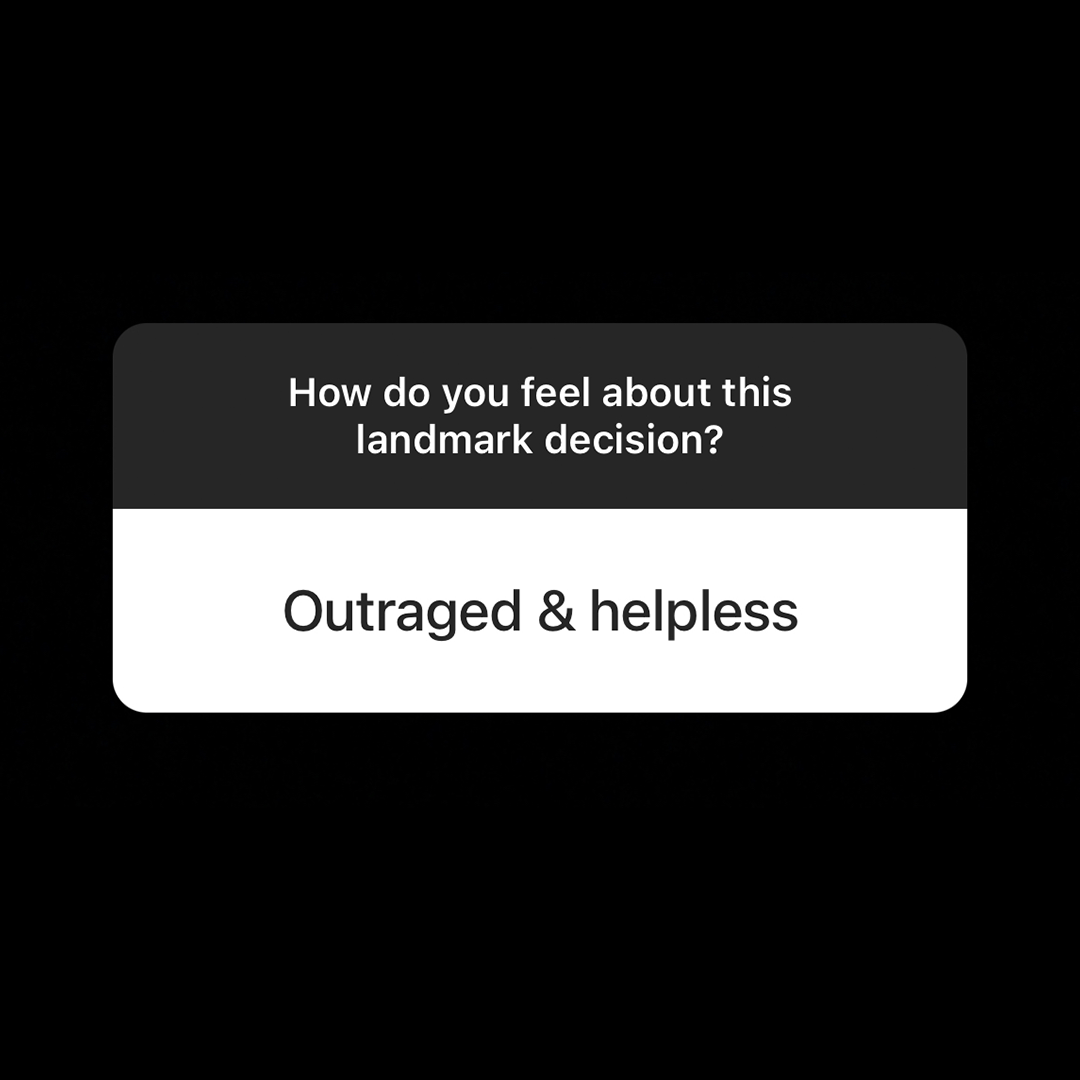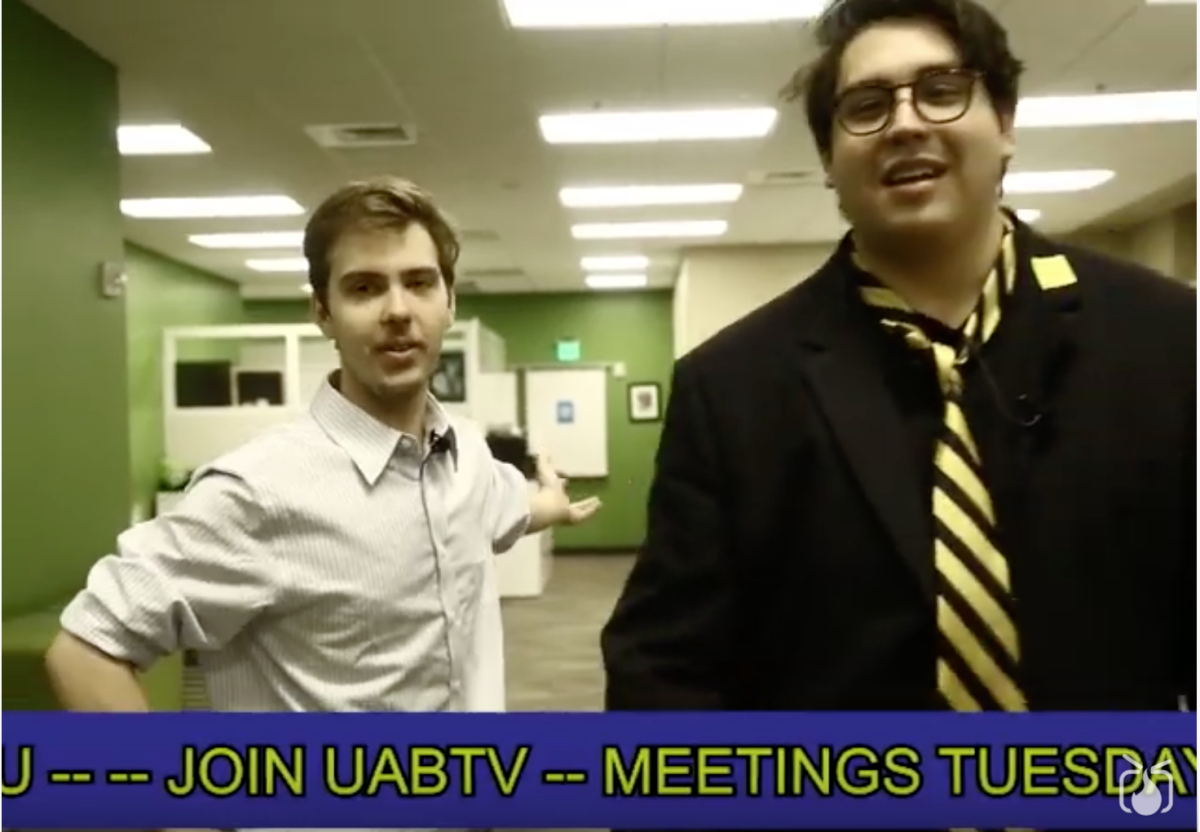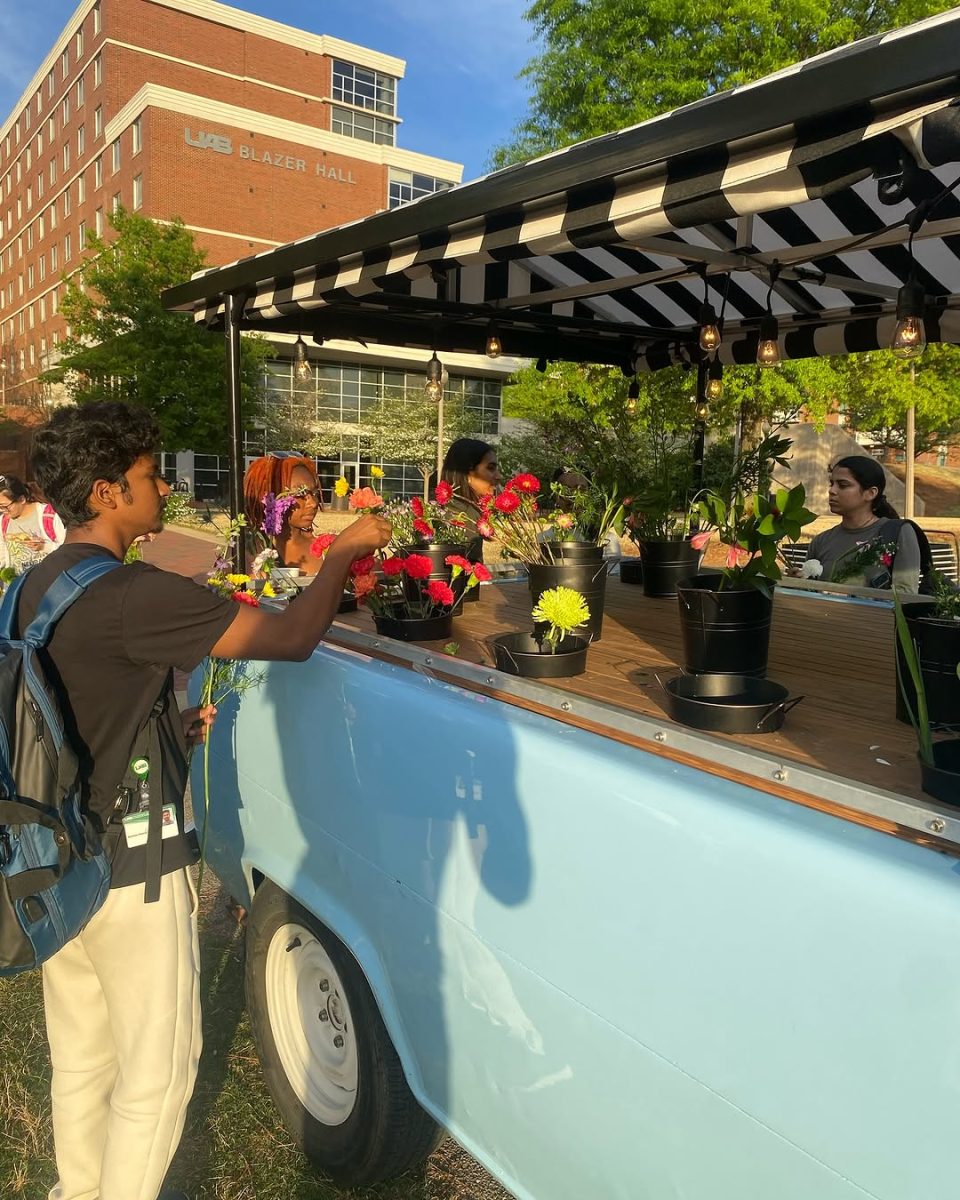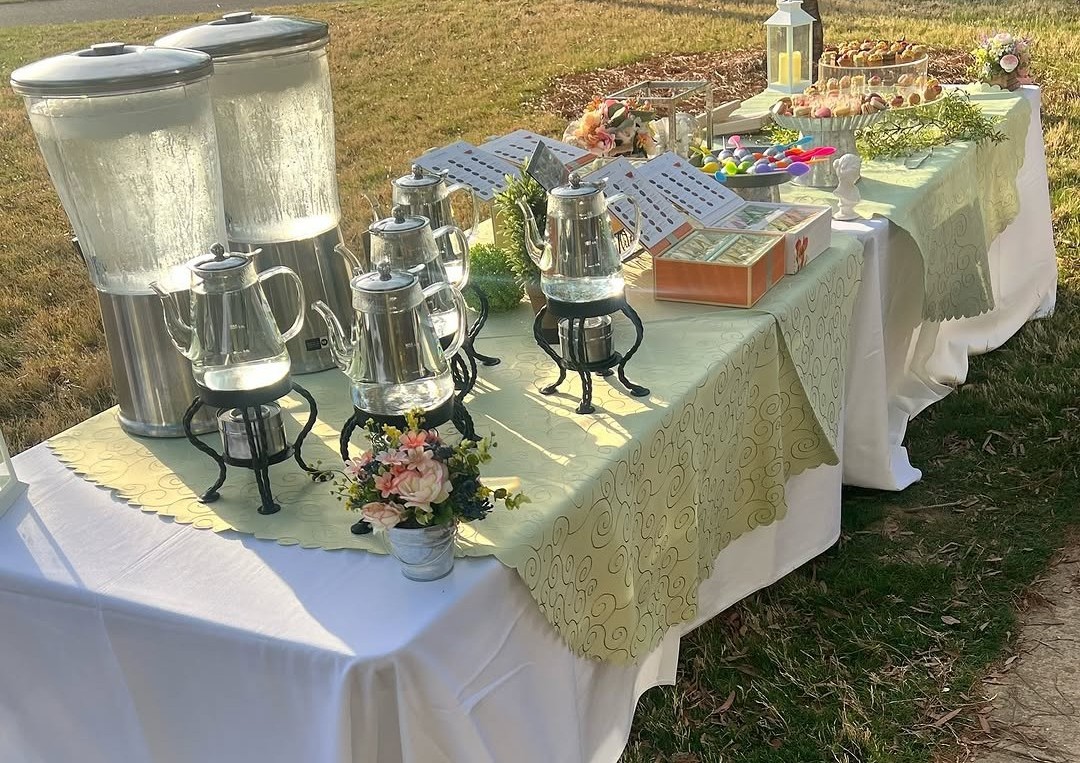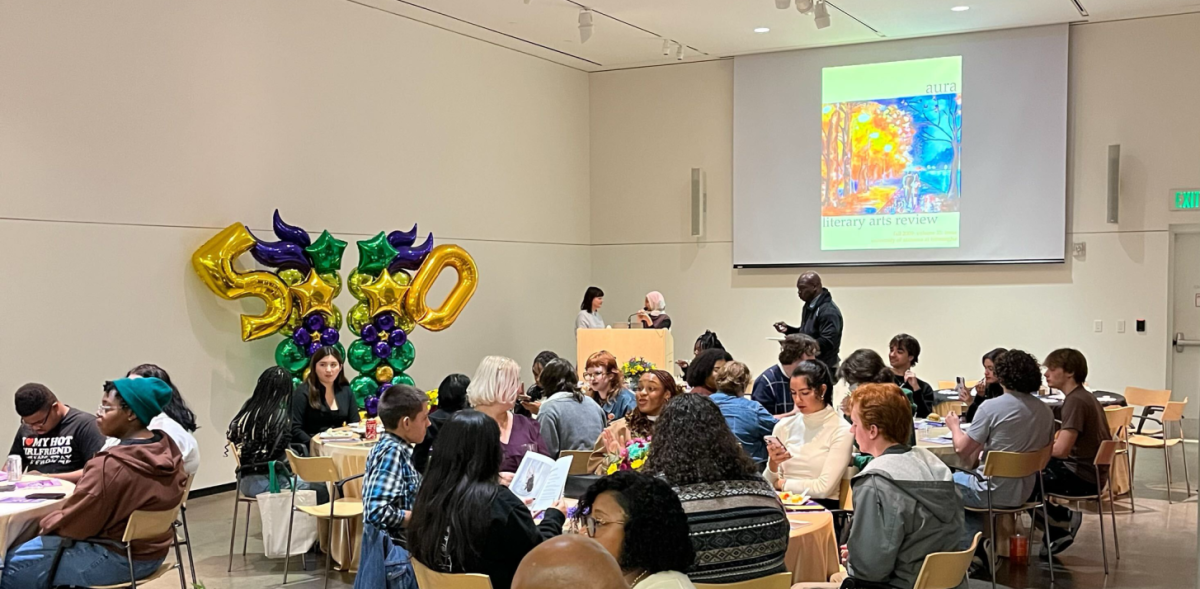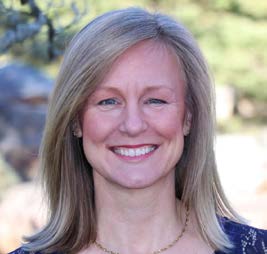
Laura Casey runs for Public Services Commission
Laura Casey gained headlines for her fight with the Public Services Commission after they ejected her from a hearing in 2019. Now she is running to chair that very commission and push for change from the inside.
The commission she is running for, the Public Services Commission, is not as glamorous a position as governor or attorney general. It is not even one that many people are aware exists, but it serves an important role that affects almost every Alabamian.
The PSC is the part of Alabama’s government tasked with regulating utilities. Daniel Tait, the chief operating officer of Energy Alabama, nonprofit advocating for renewable energy, said the role of the Commission as a body “meant to kind of act as the regulator on companies that have effective monopolies or sometimes close to monopolies.”
In Alabama, that describes companies like Alabama Power, which is the only choice many Alabamians have for electricity.
The commission is the group responsible for setting the rates that those utilities can charge. And the three commissioners who serve play a big part in deciding how much power bills will cost in the state.
The fight for the commission extends beyond just one election for Casey.
Casey entered the news in 2019 when she was one of three women ejected from a meeting of the Public Services Commission, or PSC, for attempting to live stream a meeting concerning a proposed increase in service fees on solar panels by Alabama Power.
That ejection turned into a larger fight with the PSC. Casey sued the commission alleging that by stopping the livestreaming of the hearing, that they were in violation of Alabama’s open meeting laws. That suit went all the way to the Alabama Supreme Court where they handed down a decision against Casey and for the PSC. Their reasoning was the hearing did not qualify as a meeting because the commissioners did not speak during it.
Casey takes issue with this form of governing.
“A PSC with Laura Casey at the helm will be a PSC that opens its doors,” Casey said. “Transparency is so long overdue that it is not even in the rearview mirror anymore.”
Among Casey’s top priorities if elected, is holding a public rate case for base energy rates. A rate case is a public hearing that would determine the base rates that utilities can charge. Alabama has not held one in years, after a move to a formula to determine rates in the 1980s.
For critics of the PSC, like Laura Casey, they see a rate case as a first step to lowering Alabama’s nation-leading energy bills.
“Public rate cases are meant to be held every two to three years, it’s an opportunity to open the utilities book, up expenses and make sure rates are fair. Alabama did away with that 40 years ago,” Casey said.
When Laura Casey moved from New Jersey to Alabama five years ago, it was a bit of a culture shock. Casey, a retired attorney, followed her husband after he took a job in Birmingham.
This move coupled with the historic 2016 election and changed how Casey viewed the world.
“So, all of a sudden, my mission as soon as we moved here was to understand what was going on to understand what people were upset about (and) what they were thinking,” Casey said.
Casey took that newfound desire for action and channeled that into politics.
In 2018, Casey was one of many first-time candidates seeking office in what has been dubbed a “blue wave” when she ran in Alabama Senate District 15. As the sole candidate running for the Democrats, Casey advanced to the general election but was caught by a technicality. To be elected state senator, you must have lived in the state for three consecutive years. She was a few months short.
Casey’s opponent, Twinkle Cavanaugh, is a favorite in the race. She is a two-term incumbent with sizable advantage in campaign dollars and a higher name recognition thanks to previous campaigns for this seat and lieutenant governor.
Even if she loses this election on November 3rd, Laura Casey is not done with the PSC.
“Once the elections over, it’s coming up with a full-time vehicle to educate, inform and advocate for people,” she said.

